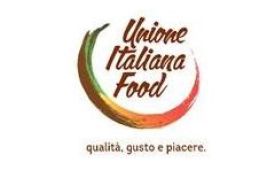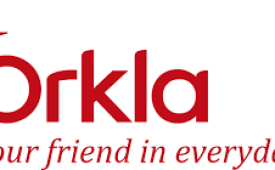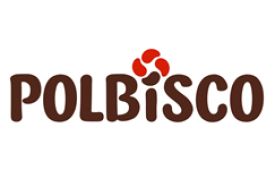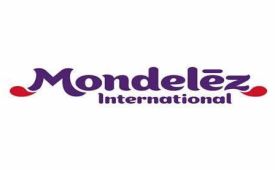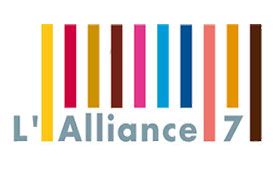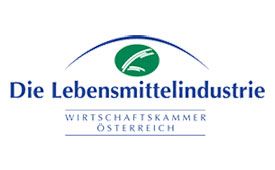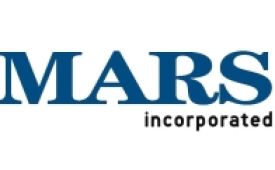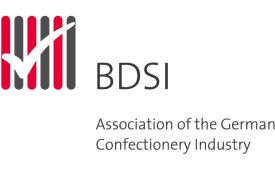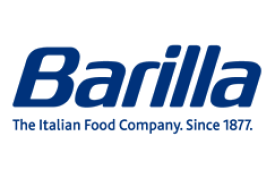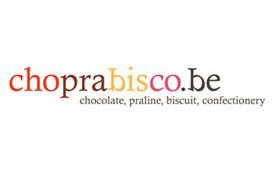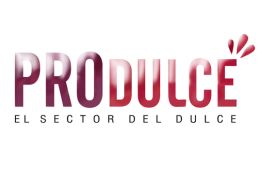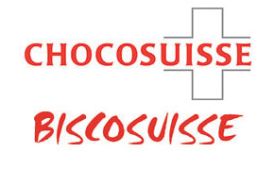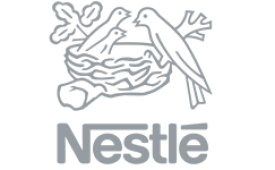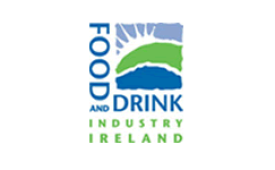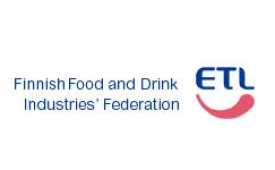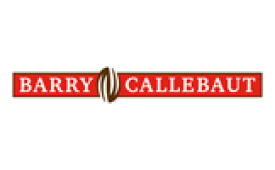CAP Reform
More market orientation in order to make farming a demand-driven part of the food production chain and ensure manufacturers have access to adequate supplies of raw materials that are safe, of high quality and competitively priced.
CAOBISCO welcomed the proposals of the Common Agricultural Policy (CAP) reform published by the European Commission in October 2011. The proposals included key objectives for the reform, such as the abolition of the dairy and sugar quotas as of 2015. This was a welcoming sign in times of continuing scarcity and commodity price hikes.
The European agricultural sector is essential in terms of sustainable production and food security. The reform presents a unique opportunity to develop the European food chain partners as global leaders in the production of high quality food products.
In order to achieve this target, CAOBISCO identified the following key objectives:
- More market orientation in order to make farming a demand-driven part of the food production chain and ensure manufacturers have access to adequate supplies of raw materials that are safe, of high quality and competitively priced.
- Abolition of dairy and sugar production quotas in the context of an increasing global demand for food.
- Taking into account increased market volatility, the development and use of price risk management tools, as well as the improvement of public data on production, public/private stocks and consumption.
- The use of Private Storage Aid (PSA) schemes to contribute to strategic management of stocks.
- Investment in measures aimed at sustainable intensification of the European agricultural production to meet challenges of food security, resource scarcity and climate change.
- The consideration of growing volume of research demonstrating the negative impact of first-generation bio fuels production on raw materials supply and volatility. The EU Institutions can no longer support the diversion of food crops into fuel.
- Effective and automatic market-based mechanisms should be brought in place to correct market imbalances and to guarantee effective access of the food industry to third country raw materials when necessary.
- More emphasis is needed on research, development and innovation, in partnership with the private sector, to obtain higher yields and quality while reducing the burden on the EU’s precarious natural resources.
- Incentives for training, knowledge transfer and farm advisory services offering holistic advice (management/environment/technology…).
CAOBISCO members use more than 30% of all European sugar produced and are major users of dairy and cereals. The food industry in general buys 70% of all EU agricultural raw materials.
We are therefore ardent supporters of a strong and competitive EU agricultural sector. Similarly, a thriving agricultural sector benefits from a competitive food industry. The CAP reform must take into consideration the competitiveness of our industry. Agricultural production is part of the food system and not a stand-alone objective. Only demand-driven production, tailored to the needs of customers and consumers, can ensure the long-term competitiveness of EU agriculture.
